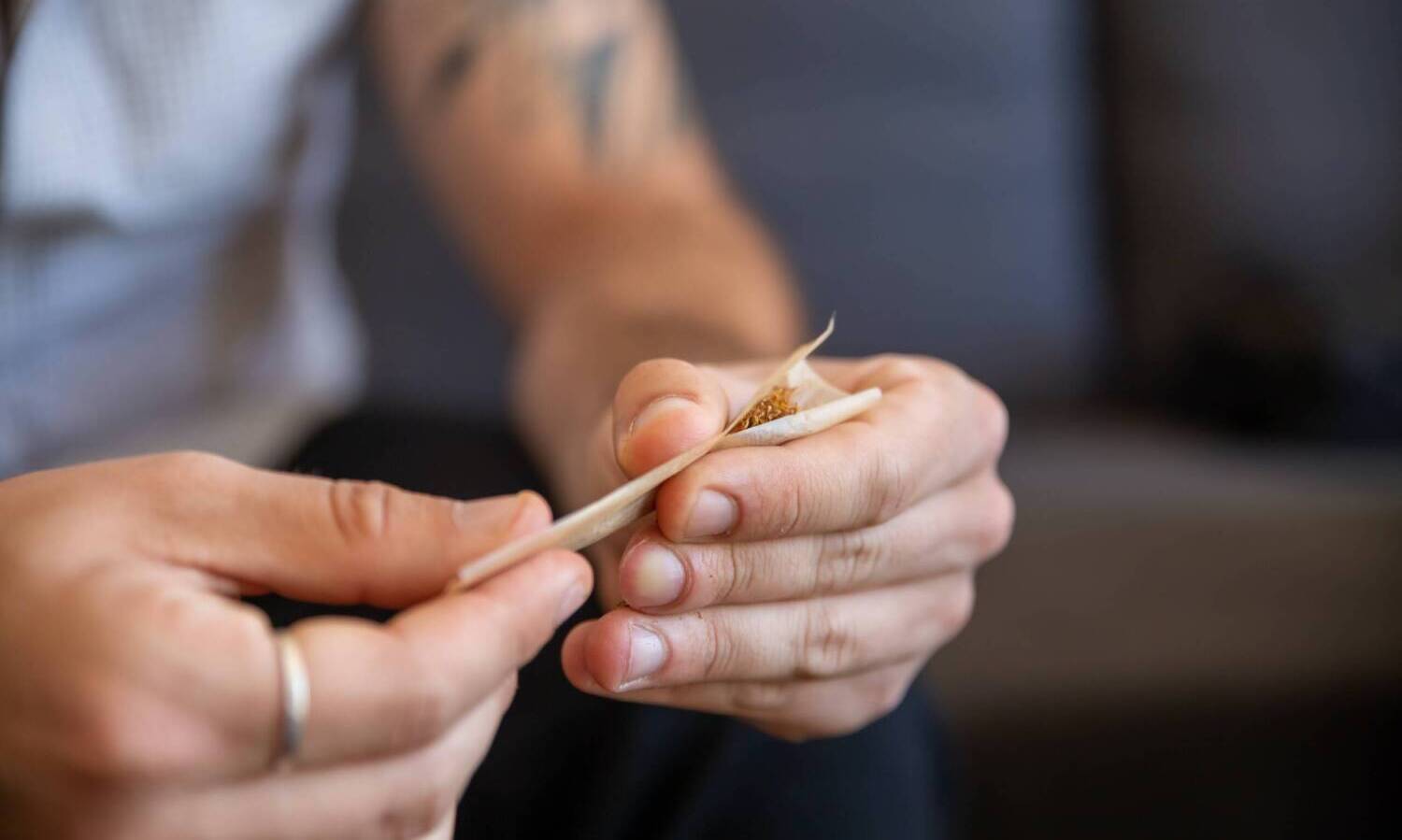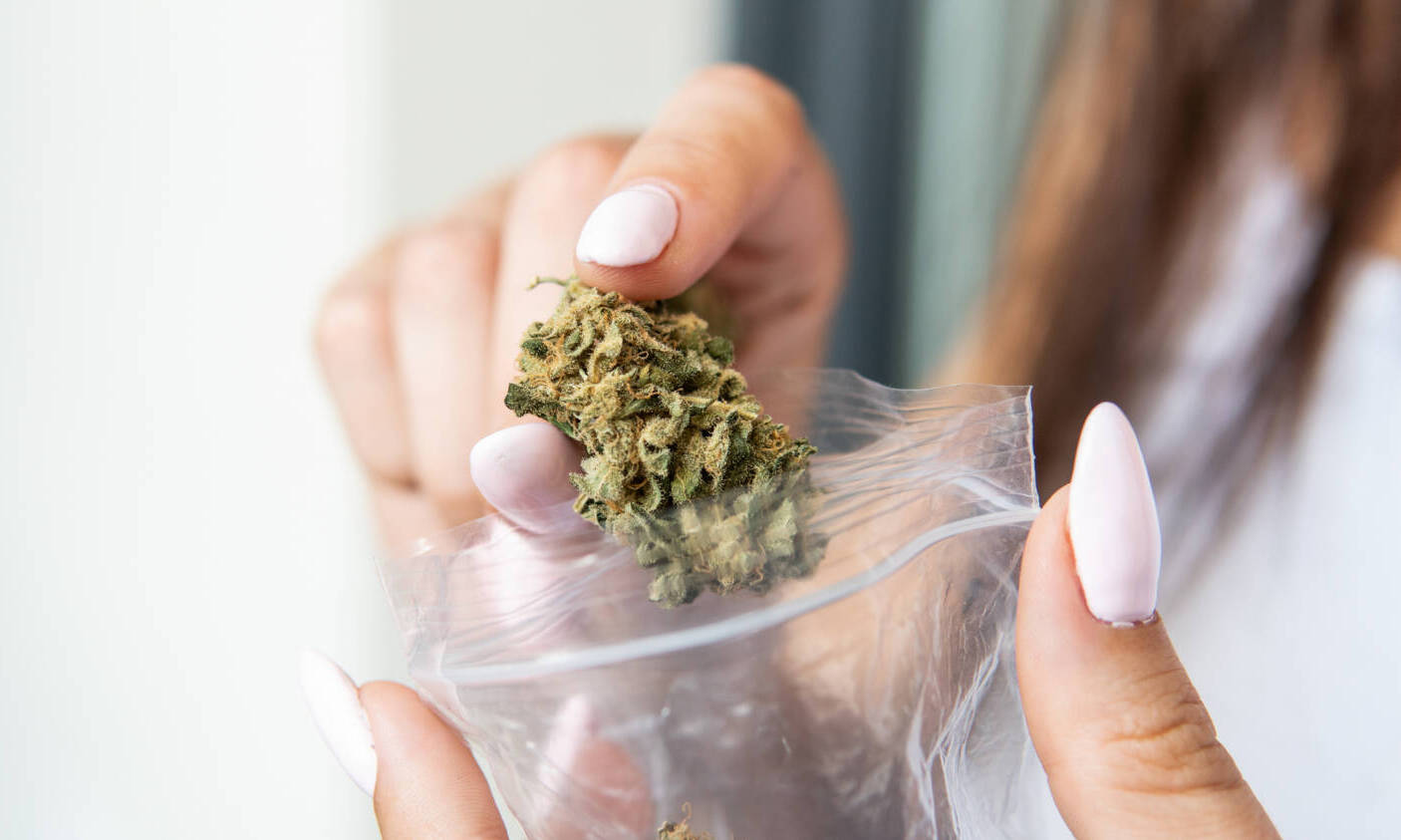When asked by friends and patients who express concerns about their physicians, I tell them that if they cannot trust their physician with personal information, they need to change physicians if possible.
As many patients fill out their intake forms for their health care providers, some feel a concern that their honesty about aspects of their lifestyle may cause them to receive prejudiced healthcare. Part of being a great physician or health care provider is the ability to be non-judgmental about patients and their lifestyle choices. Asking can I trust my physician won’t just marijuana will get an answer of trust is essential to medical care.
The patient must trust the doctor with personal information in order for the physician to give the best advice for that particular patient. This requires the physician or other health care provider to show the patient that they have an open mind and the patient to trust the provider.
But we must realize that doctors are people with their own biases based upon their upbringing, world experience and personality.

RELATED: Should You Still Consult With Your Doctor After You Get A Medical Marijuana Card?
When asked by friends and patients who express concerns about their physicians, I tell them that if they cannot trust their physician with personal information, they need to change physicians if possible.
So how do we navigate the disclosure of cannabis or any recreational drug use in the health care setting? We should begin by thinking about both explicit and implicit bias.
Explicit bias refers to one’s awareness of their pre-exisiting beliefs and makes decisions based upon them. These biases are often easily identified by others.
Implicit bias is an unconscious belief or feeling which can also affect decision making without the person being aware if their influence.
When there’s a conflict between a person’s explicit and implicit attitudes-for example “people say they are not prejudiced but give subtle signs that they are, for example-those on the receiving end may be anxious and confused.”¹
“The individual words that physicians use can be a signal of implicit bias. Words such as “we”, “ours” or “us” can be used by people in power over those of lesser power. This is seen using language such as, We’re going to take our medicine, right?”²
RELATED: Should You Tell Your Doctor About Your Marijuana Use?
I have always felt that straightforward, non-aggressive questions regarding any issues, conscious or unconscious can help clarify confusion. It is at least worth a try. On the other hand, if the negative bias appears too strong or the anxiety too great, I would recommend a change in provider.
There was a recent online survey that showed 81% of patients withheld medically relevant information. Of those, 81.8% withheld information because they didn’t want to be lectured or judged.³ Well, that generally does not sound like a trusting relationship.

So how do we get through this conundrum: real bias by the physician, fear of bias by the patient and withholding information? We also need to recognize that there can be bias, positive or negative, of the patient towards the health care worker.
There is a weight on the patient’s side of the equation. Regarding the use of cannabis, I would give the same advice in giving a history as I would for alcohol use, exercise and eating.
First, the patient should be honest with themselves. This is best done by keeping an accurate diary of the use of cannabis; whether medical or recreational or both. With this in hand, the physician is given more definitive information for their judgements of patient care. An answer of “just a moderate amount” or “only socially” gives such a wide variance of quantity that it can be misinterpreted. Although it is quite boring to do so, having a diary of use over two weeks, along with effects, can significantly improve a discussion about cannabis.
In the end I feel honest, straightforward discussions with accurate information leads to better health care. Age or type of advanced training of a healthcare professional does not increase or decrease bias. There is continued research about bias which will improve our knowledge of the issues.
“On a more discrete level, we are trying to achieve a better understanding of how situational factors like stress and time constraints could activate bias and influence treatment decisions.” 4
I like to think that health care providers go into their chosen field with an open mind about their patients and their lifestyle choices. In the end, healthcare workers are well educated, but are people too, with their own imperfections trying to partner with their patients for better health care.
____________________
¹ Monitor on Psychology, March 2019 pg 33
² Health Communication, Vol 32, No 4, 2017
³ JAMA Netw Open. 2018;1(7):e185293. doi:10.1001/jamanetworkopen.2018.5293
4 Monitor on Psychology, March 2019 pg 37


